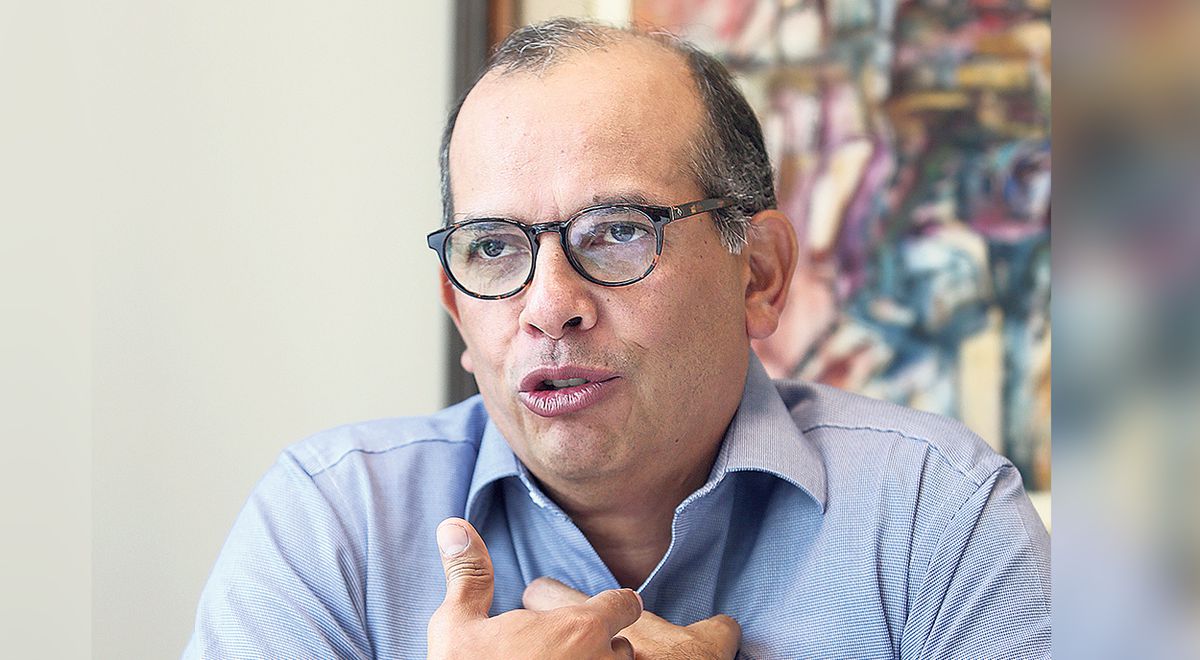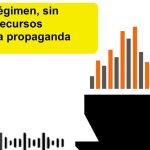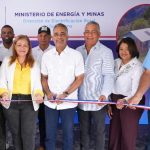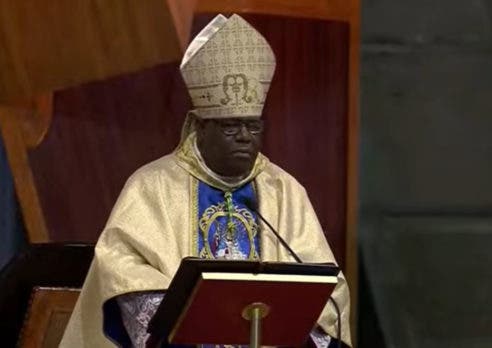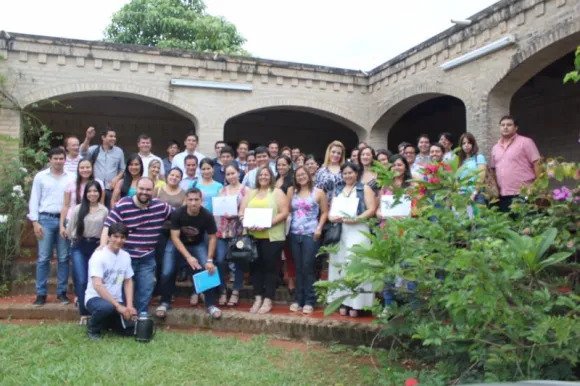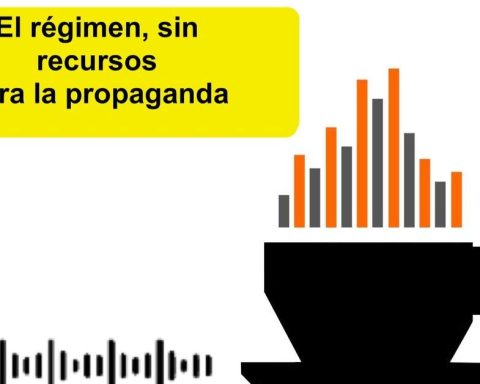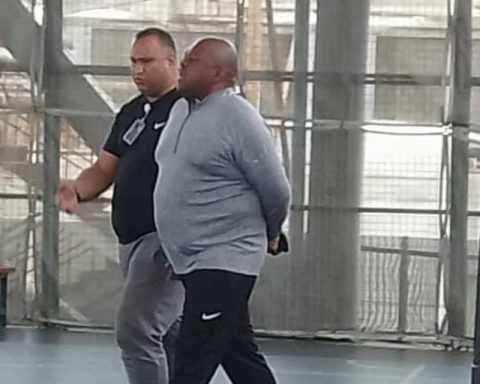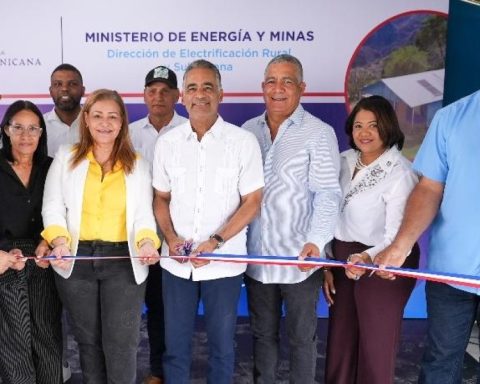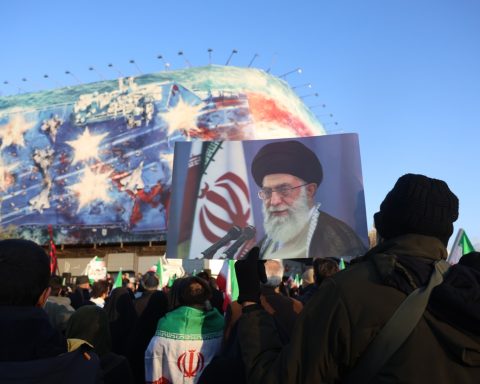He was minister of the first stage of the government of Ollanta Humala. In this interview, Castilla says that the country is in a critical situation, that neither the early elections guarantees social peace. For him, social discontent is due to the inability of the Condition to redistribute wealth. He also says that it is not a problem of resources but of management.
—What vision do you have about the events that occur in the country?
—The situation is very complex due to the failed coup d’état by former President Castillo and a purely political agenda: early elections, resignation of the president, constituent assembly, etc. This triggered a conflict that began in the south and it has spread throughout the country. Governance is affected. There is a risk that this transitional mandate will not come to an end.
Wouldn’t Boluarte’s resignation be better to decompress the violence?
—Executive and Congress have a high disapproval. Both suffer from a crisis of legitimacy and a solution is the general elections with the risks that this implies: the resignation of Dina Boluarte and for Mr Williams to take office could spark more protests. A hasty advance of elections always leads to uncertainty; nor would there be time to improve political regulations to have better representatives and ensure better governance. This is the climax of six years of lack of governance in the country.
—Those who protest ask for a constituent assembly to modify the economic chapter of the 1993 constitution. Do you agree?
—Several things in the Constitution must be changed, but not necessarily the economic. That is an agenda of the left of many years ago. An economic change, as they propose, will further deteriorate the quality of life of the population. They want a non-subsidiary corporate state and that means assuming greater risks and fiscal contingencies. Let’s see what happened in Petroperú, an example of mismanagement of a public company. Article 58 of the Constitution establishes the responsibilities of the State, but these are not fulfilled in education, health, security, etc. If they cannot fulfill these functions, they will be less able to do business.
—Other countries that manage strategic public companies are used as an example, Chile with copper…
—Peru has 35 public companies in Fonafe, Petroperú and municipal water companies and the majority (ediles) are in deficit, half linked to sanitation are intervened due to insolvency. Petroperú lost its credit rating due to mismanagement, and it happens that the Ministry of Economy is forced to disburse 2,500 million for its rescue. That money could be injected into other areas where there is poverty.
—He maintains that the revision of the contracts should not be considered either.
—Contracts between an investor and the State cannot be modified according to the Constitution of 93. The argument is that they are detrimental to the interests of the State. They want to remove constitutional protection. It’s very dangerous. The contracts have clauses and when they become disputed, they go to arbitration. In my administration there were 16 arbitrations and most of them were won by the State. It is also worrying that there is talk of price controls that generate product shortages and black markets. It seems to me that what should be reviewed is the autonomy of regional governments.
—Regional governments have autonomy to manage their resources. What should be reviewed?
—There is a misused autonomy in rich regions thanks to the mining canon. She goes through Cajamarca and, despite her generous income, she is listed as one of the five poorest in the country. districts of Cusco They have a lot of resources, but they invest in a heated pool four thousand meters high and they don’t have drinking water.
—He was Humala’s minister, who as a candidate spoke of a constituent assembly and of changing the economic model.
—He surrounded himself with good technocracy. He did not stop at populism and rhetoric. He advanced in reforms: the university, civil and magisterial service. He opted for social policies and a lot was invested in infrastructure gaps. There was a reduction in poverty, but…
—And why didn’t this supposed well-being last?
—The State is dysfunctional and corrupt. That is the underlying problem. The wealth generated has not served to have a more cohesive country. Before the Constitution of 1993, we had a poverty ratio of almost 70%, then it dropped to 20%.
But the discontent continues. In southern Peru, Humala was accused of treason for breaking his promises.
—If it was the constituent Assembly, he breached it. He signed the waybill. At that time, Peru was different, it was growing, there was stability and a rule of law that was respected. Today we do not have that, but rather an institutional crisis that probably began when Fujimori carried out the coup d’état, the political parties were weakened, the absence of cadres allowed the institutions to become precarious and there was disaffection with authority. This “excessive decentralism” and fights that we have seen between the Executive and Congress have left the country adrift. There was no state presence in the interior of the country and in the end, scapegoats are sought in the economic model.
—What could be the effect of this crisis on the pocket of Peruvians?
—It is likely that growth will not reach 2%. Consumption will be moderated due to the impact on services hit by conflicts. Similarly, in consumer credit, banks will restrict due to the growth of delinquency. Public and private investment will fall, the first because regional and municipal efforts are new and in the private case, there are no new mining projects (such as Quellaveco in 2022), in addition, there is a high cost environment, the only thing that reduced are the freight, the same does not happen with the inputs and financing. Added to the political instability of the country is the external factor. The world will register a low growth in decades, that will harm our exports due to the drop in demand and low prices, in addition, a lower production due to the stoppage in the mining units. It’s low growth and poverty rates are likely to rise.
—In relation to inflation, an indicator that has hit us, what will its behavior be?
—We will see a gradual decrease in the inflation rate, last year it closed at around 8%, that will reduce. Probably, at the end of the year we will still be above the target range of the Central Reserve Bank of 3%. This will be a breather for households, whose economic capacity has diminished. That is the positive news, although in the short term it could be affected by the blockades. The exchange rate is still manageable, if there were a disruptive scenario, it could approach S/ 4.00 and that would force an intervention by the BRC.
—Is there a risk that the chain of payments will be broken and unemployment will rise? In a Sunafil inspection in Cusco, it was concluded that 50% of supervised companies did not pay CTS or bonuses to their workers.
—Arequipa, Apurímac, Cusco and Puno, regions affected by the conflict, represent 15% of the national GDP. Tourism is one of the largest employers and is hit by the cancellation of reservations. This year will be almost a pandemic for Cusco and Puno due to the alerts from the United States Department of State. That has an impact from the tour guide, accommodation, restaurants, transport. If you add to that the stoppage of the mines due to prevention or violations, unemployment will grow.
